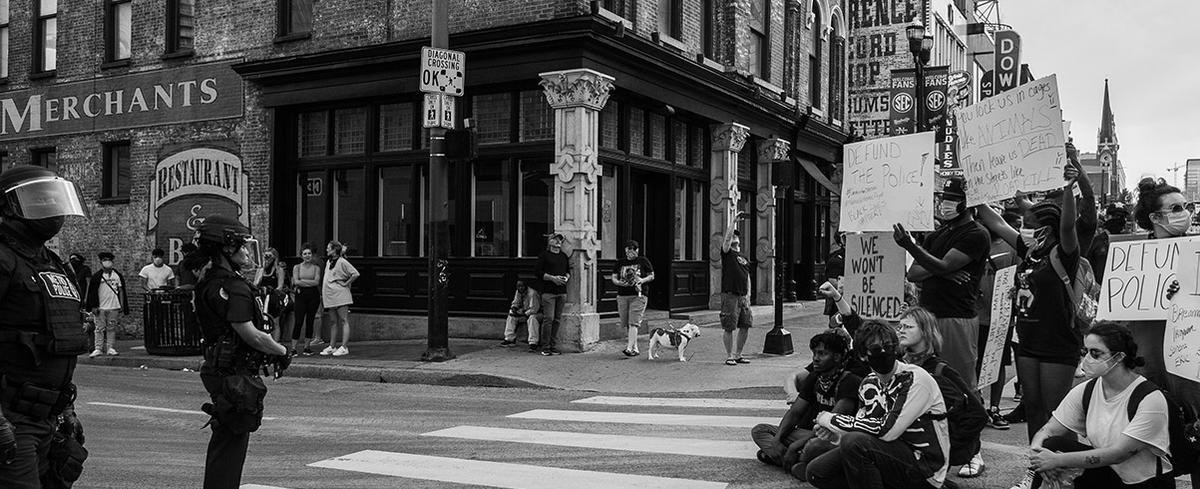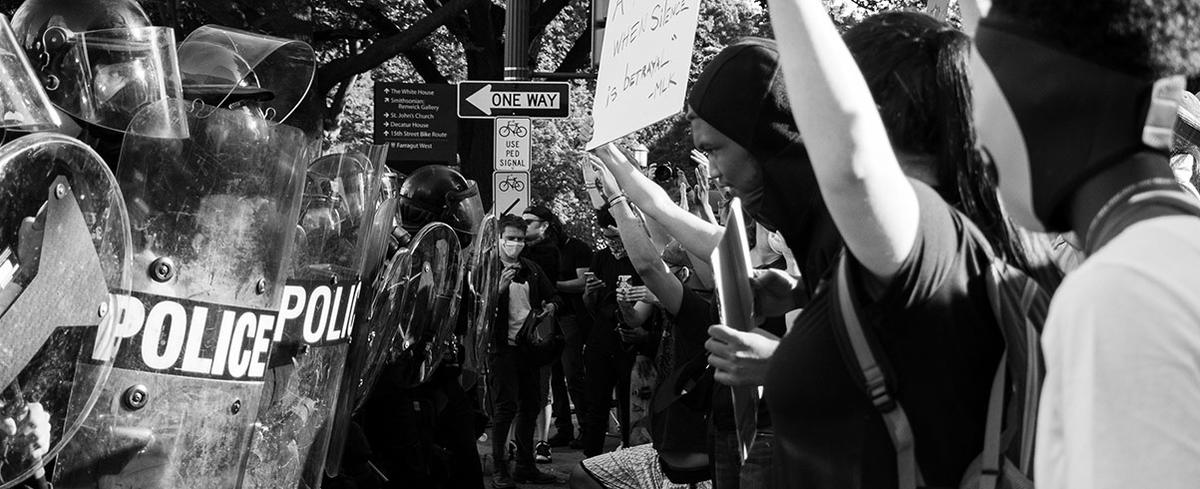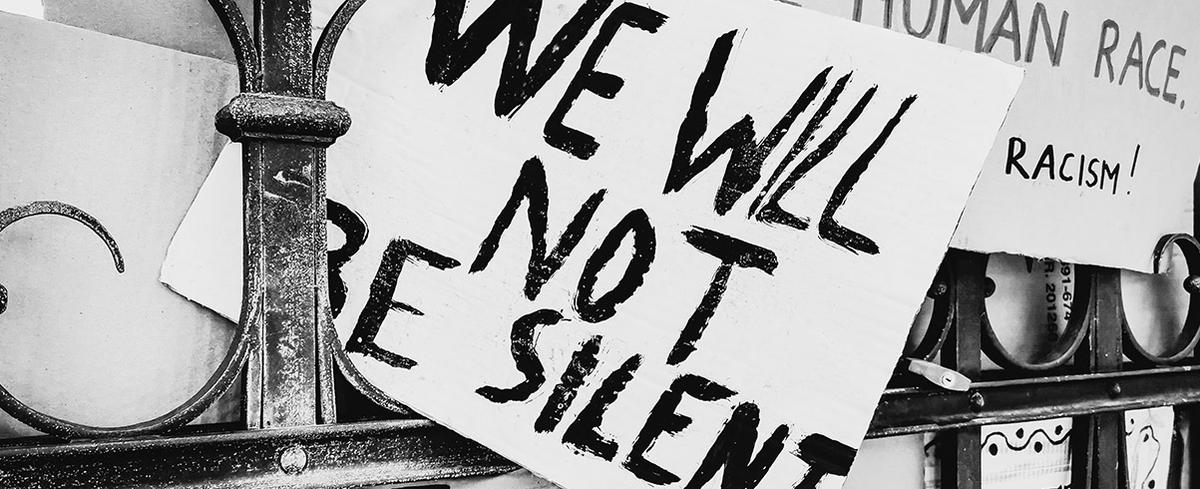In the midst of racial justice protests across the country, the business community is still grappling with how to properly respond during this unceasing moment of unrest.
Many businesses have made statements, and listened to their Black employees. Some have even shared concrete commitments to get their house in order and drive systemic change. And while these efforts are a good start, our latest Special Report: The Fight For Racial Justice in America, shows that the employer-employee relationship is increasingly damaged as more forms of racism are observed in the workplace.
In shortтАФthe time for pretty words is now past. Now is the time for action.
Our study found that the majority of Americans, especially Black Americans, say that they observe systemic racism while at work, which can take the form of one of the following observations:
- A lack of employee diversity (43 percent of Americans and 56 percent of Black Americans)
- A racist workplace culture (26 percent of Americans and 41 percent of Black Americans)
- Unequal compensation (14 percent of Americans and 30 percent of Black Americans)
- A failure to take a stand on social justice issues (11 percent of Americans and 20 percent of Black Americans)
The Good News
The good news for employers is that their employees have faith in them. Interestingly, while consumers may not trust brands and their CEOs to respond to systemic racism, our study found that employees do trust their own employers and leaders to respond to systemic racism. In fact, the data found that, тАЬmy employerтАЭ was the only trusted institution across business, government, employers, NGOs, and media.
As widespread public awareness of systemic racism intensifies, now is the time for employers to take action to capitalize on the trust their employees have placed in them. Smart employers, many of whom we have partnered with, are now moving past words and campaign gestures to institute meaningful changes in their business and transform cultural mindsets and behaviors.
Meaningful actions that some employers are instituting include:
- Proactively communicating the D&I value proposition and case for change while avoiding tokenism or affirmative action tropes
- Ensuring that the organization reflects the full diversity of the markets in which they operate
- Transforming the way the organization recruits candidates of color, but also instituting retention and promotion programs for Black talent and other employees of color.
- Correcting pay equity issues, even when that mandates further investment.
- Making real investments in the communities where the business operates, and mobilizing employees to drive societal change locally on behalf of their employer
- Educating the workforce on the underlying causes of racial inequality in AmericaтАФusing the workplace as an opportunity to reach those who still deny racism exists.
- Enforcing zero-tolerance policies for racist symbols and actions, manifested toward employees and vendors.
Some employers may be waiting for the unrest to blow over. Yet, data suggests that things will be forever changed.
For employers, silence is now heard so loudly that businesses can no longer afford to sit idly by without reputational risk.
Capitalize on employee trust and goodwill, and address racism through meaningful action.
Jonathan Jordan is Senior Vice President.







